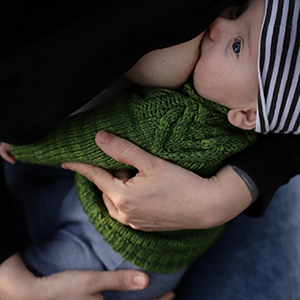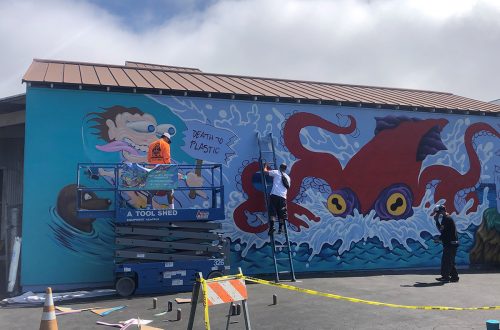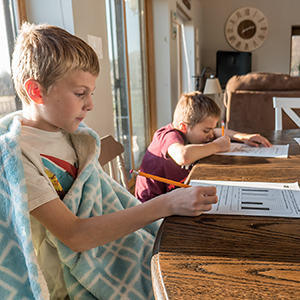Donated Mother’s Milk in the Era of Coronavirus
BY LINDA KAY
 There has been a call for increased blood donations during this pandemic season but there is always a constant need for human milk donations. Blood donors can give multiple times a year and give for many years. The time a woman can donate milk is limited but the need is always present.
There has been a call for increased blood donations during this pandemic season but there is always a constant need for human milk donations. Blood donors can give multiple times a year and give for many years. The time a woman can donate milk is limited but the need is always present.
The greatest need for donor human milk is for premature babies. Often when a baby is born premature the mother’s milk has not come in, yet the baby needs the nutrition and protection that mother’s milk provides. Premature or low birth weight babies are susceptible to necrotizing enterocolitis (NEC), a devastating disease that attacks the infant’s intestines. Donor human milk provides antibodies that fight off this kind of infection. But premature babies are not the only ones in need of donor human milk. Some mothers can’t produce enough milk to sustain their infant. Some mothers have had mastectomies. There are newborns that have an intolerance for formula. Goat milk is an alternative, but it lacks the inherent bioactive elements that are found in human milk.
The San Jose Mothers’ Milk Bank (SJMMB) was established in 1974. It was one of only a handful in North America at the time. In 1980 the World Health Organization and UNICEF jointly supported donated milk as an alternative to mother’s own milk. Thirty new milk banks opened across the United States. However, it was also in the 1980’s that the world was introduced to HIV. As quickly as milk banks opened, they closed due to fears of a contaminated milk supply and the unknown factor of how HIV was transmitted. The SJMMB was one of the eight that survived. In 1985 as a response for the need for milk safety, Human Milk Banking Association of North America (HMBANA) was established to create guidelines for all non-profit milk banks to follow to maintain safe and certified donated milk.
The SJMMB is the only milk bank in California. It supplies donor human milk to 80 percent of the NICU’s in California and serves 11 hospitals in other states. Seventy percent of the donated human milk goes to hospitals, 30 percent goes to outpatients who have a doctor’s prescription.
The need for donor human milk is growing. In 2019 HMBANA affiliated milk banks dispensed over seven million ounces of milk, a million more than the previous year. SJMMB delivered just over 700,000 ounces of that milk.
Nursing mothers who want to donate breast milk can contact the SJMMB. They first go through a screening by phone. If they are deemed good candidates, they are then sent a whole health questionnaire. They are asked to take a blood test at the SJMMB’s expense to screen for harmful pathogens. Potential donors must also have their doctor’s approval who takes into consideration not only the health of the mother but of her baby as well. Once approved, the SJMMB sends the mother bags in which she can collect her milk. She dates and freezes the milk. When she has a good supply, the SJMMB sends her a cooler and it is shipped back overnight via FedEx.
Once SJMMB receives the milk donation, they carefully thaw the milk and put it into a pool of up to five other donors’ milk. The pool is homogenized and tested for any harmful bacteria. If the bacteria level is too high the pool is discarded. It is then pasteurized, tested again for bacteria, then bottled, sealed, frozen and sent out to hospitals and needy individuals.
There has been no evidence that the corona virus can be passed through donor human milk but to be safe the SJMMB established additional screening measures as of March 6:
A temporary 28-day deferral is place on the donor if:
Donor has cared for, lived with, or otherwise had close contact with individuals diagnosed with or suspected of having COVID-19
Donor has had direct contact with a person diagnosed with COVID-19
Donor has been diagnosed with or suspected of having COVID-19 themselves
Donors who have had a diagnosis of COVID-19 but for whom symptoms have resolved
Donors are asked to report a subsequent diagnosis of COVID-19 as soon as possible.
SJMMB is always in need of new donors. If you are interested in donating milk contact them via their website: MothersMilk.org, or phone: 877-375-6645.







